There are many home remedies for treating herpes. An individual showing signs of herpes outbreaks can try any of these to speed up the healing.
Home Remedies for Herpes
Bags of black tea are one of the most useful home remedies for cold sores. A leaf of black tea is rich in tannins which are known for their anti-inflammatory and antiviral properties. To use it, one should simply make a cup of black tea, and leave it to cool for a few minutes. The warm teabag is then applied for about five minutes. The process should be repeated 2-3 times a day and is best started immediately upon noticing the outbreak.
An ice pack can also be applied to the cold sore to numb and treat the area. Also, a lowered temperature helps in inhibiting the virus.
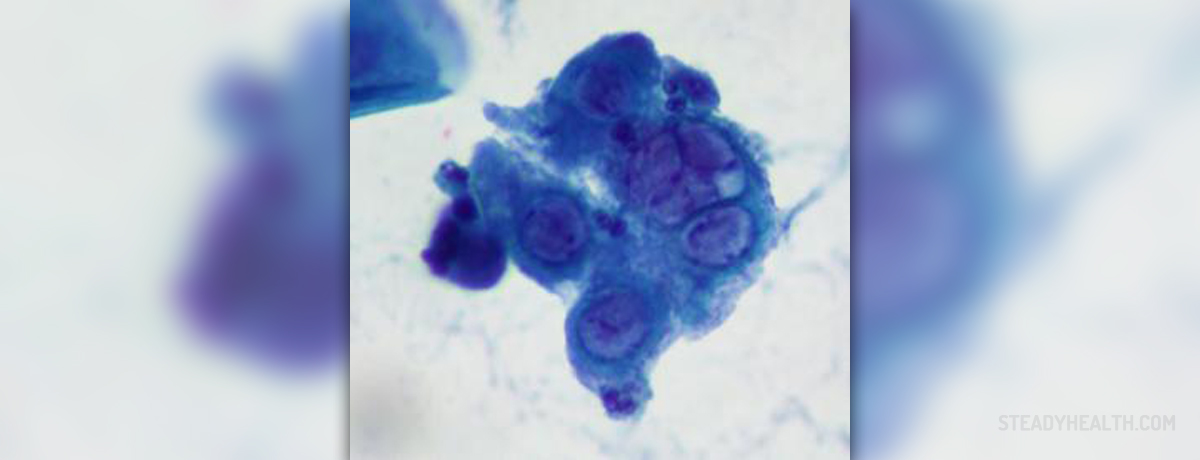
This method is most practical before an actual outbreak happens, although it has a positive effect on active sores as well. The ice should be wrapped in a towel or a tin cloth of some sort and then applied directly.
Minooka honey is a special type of medicinal substance originating from New Zealand. It can be applied to speed up the healing process. This honey is antibacterial and antiviral by nature. It is also renowned for its healing properties and is clinically proven to accelerate the healing of herpes-induced lesions.
It is to be applied to the area several times a day, as soon as any sign of a lesion is spotted.
Debora powder can help stop itching sensations. It also dries the sore and speeds up the healing. It is used in combination with water. One should soak a piece of cloth or gauze in the mixture and apply it to the area. Some other home remedies include baking soda, cornstarch, Aloe Vera, skin repair oils (containing vitamin E, rose hip, jojoba, calendula, Hypercom, olive leaf, and golden camellia),
In case of sleeping troubles, the most important thing to do is to try and relieve the physical discomfort and stress. Once these methods prove to be of no help, a sleeping pill might be a good way to go. This could temporarily help the patient in dealing with this issue.
A high dosage of Valerian officinal may prove to be effective as a natural sedative. It can help put the patient to sleep and relieve his or her stress. This herb is not normally prone to producing morning drowsiness and similar side effects, as opposed to many prescription pills.
- Acyclovir (ACV) is widely used to treat HSV infections and inhibits HSV-specific DNA polymerase and impedes HSV replication and further infection.
- ACV resistance was reported to be 7% in immunocompromised patients, but was only 0.27% in healthy immunocompetent adults. The emergence of drug-resistant HSV strains restricts therapeutic options, preventing timely treatment and causing a variety of diseases.
- The crude hydroethanolic extract (RCE40) from the leaves of Cecropia glaziovii Senthl. inhibited the replication of HSV-1 ACVr strain 29R, with an EC50 of 40??g/ml and a selectivity index (SI) of 50. The antiherpes properties of RCE40 might be attributed to their phenolic composition.
- Peppermint oil, an essential oil extracted from the leaves of Mentha piperita L., mainly consists of methanol (42.8%), menthone (14.6%), isomenthone (5.9%), menthylacetate (4.4%), cineole (3.8%), limonene (1.2%) and carvone (0.6%). Peppermint oil inhibited HSV-1, HSV-2, and HSV-1 ACVr infection in a dose- and time-dependent manner. It showed an obvious virucidal effect when mixed with HSV prior to infection, which implies its direct interaction with the viral envelope and glycoproteins.
- Viracea, a proprietary formula, is a blend of benzalkonium chloride and phytochemicals derived from the aerial parts of Echinacea purpurea, which was found to have significant antiviral activity against 25 different ACV-susceptible strains (13 strains of HSV-1 and 12 strains of HSV-2) and 15 ACV-resistant strains (5 strains of HSV-1 and 10 strains of HSV-2), with a therapeutic index in the range of 50–100.
- The study investigated the antiviral activity of the extract of Arisaema tortuosum (Wall.) Schott leaves, which have a medicinal history in India to treat piles, snake bites, and parasitic infections. Comparing seven fractions extracted by different solvents, chloroform extract (CE) exhibited the greatest antiviral activity against HSV-2 ACVr strains by inhibiting viral attachment and entry as well as the late steps in the replication cycle. The main components identified by HPLC-PDA-MS/MS analysis are apigenin and luteolin, which inhibit cell-to-cell virus spread and the production of viral progeny
- In this review, medicinal plant extracts from 13 families, including Araceae, Asteraceae, Caulerpaceae, Cecropiaceae, Fabaceae, Lamiaceae, and Moraceae, and phytochemicals such as alkaloids, flavonoids, phenolics, terpenes and others, were concluded to exert antiviral properties against ACV-resistant HSV infection. Most plant extracts that can inhibit ACV-resistant HSV infection are classified into heat-clearing and detoxifying drugs in Traditional Chinese Medicine, with a history of external use to treat sores. The majority of the active components exerted virucidal effects and viral entry inhibition, including blocking viral attachment and fusion. In addition, some phytomedicines prevented the intranuclear biosynthesis of viral proteins and cellular reinfection by progeny viruses. Nevertheless, only a few substances interfered with nuclear transportation and virion egress.


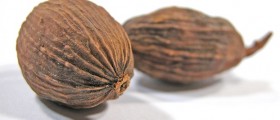


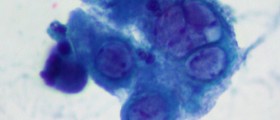
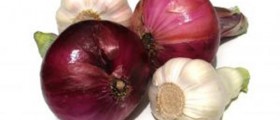
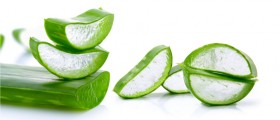
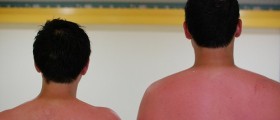


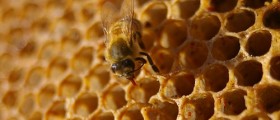
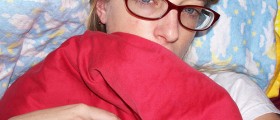
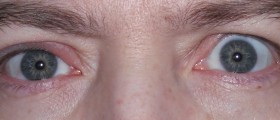
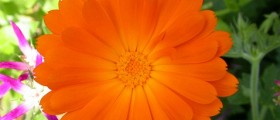
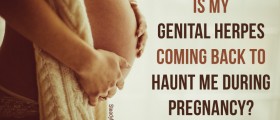
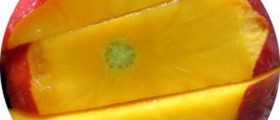
Your thoughts on this
Loading...